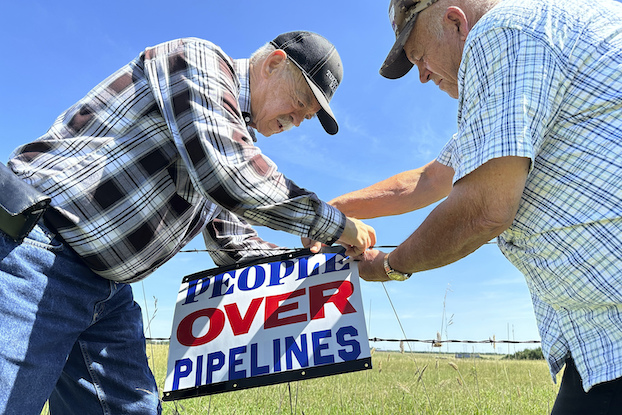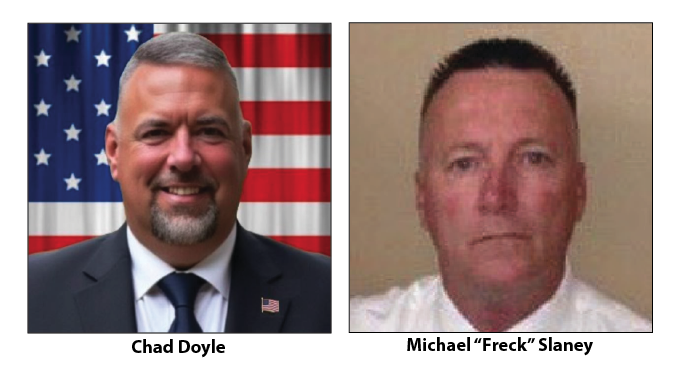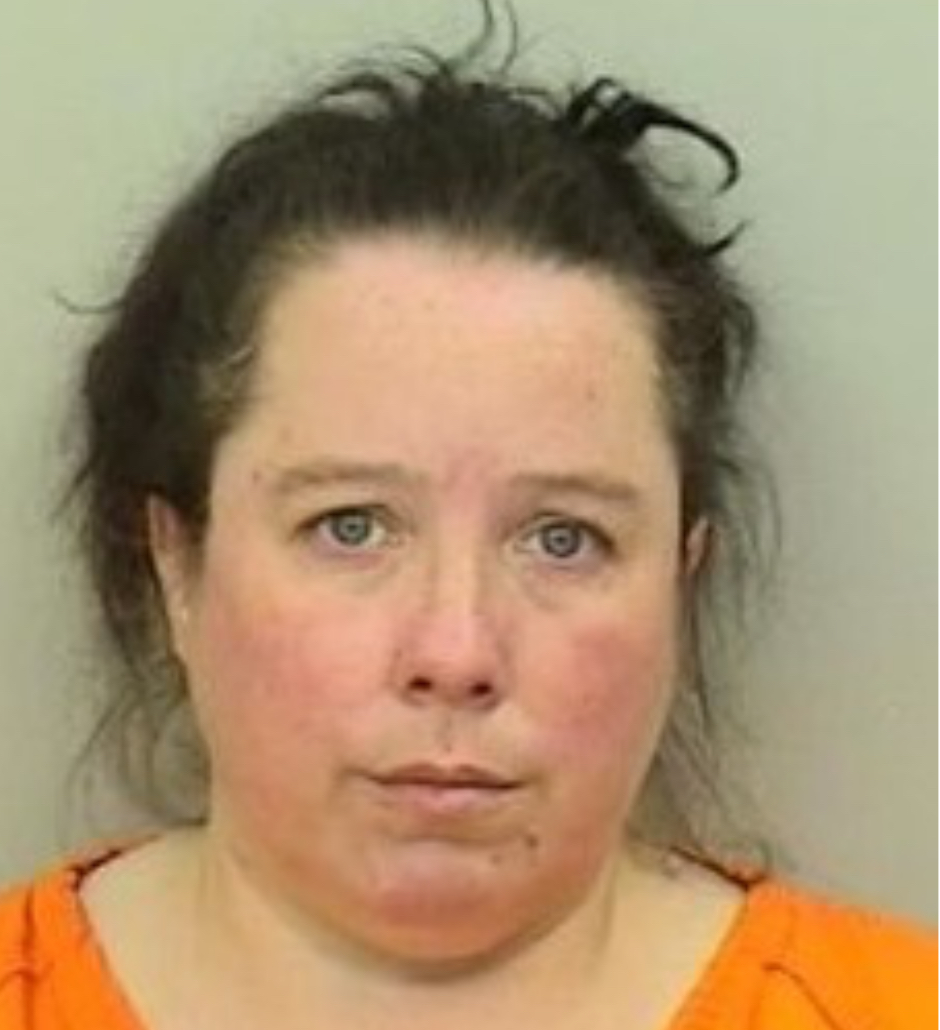Series of public meetings will be held in Allen parish to discuss carbon capture projects
Published 3:02 pm Tuesday, April 15, 2025

- Gaylen Dewing, left, and Marvin Abraham affix a sign to a roadside fence east of Bismarck, N.D., in 2023, in opposition to Summit Carbon Solutions' proposed five-state, 2,000-mile pipeline network to carry carbon dioxide emissions from dozens of Midwestern ethanol plants to North Dakota for permanent storage deep underground. (Associated Press Archives)
Allen Parish residents are invited to attend a series of public meetings this month to learn more about carbon capture and sequestration projects and to share their feedback.
The Allen Parish Police Jury will host a risk assessment meeting at 6 p.m. on April 28 at the Allen Parish Civic Center, located at 609 Tiger Lane in Oberlin. This meeting, originally scheduled for March 24, was postponed due to a weather-related power outage.
“Our goal is to provide the public with as much information as possible,” Allen Parish Police Jury and Louisiana CO2 Chairman Roland Hollins said.
Trending
“We are trying to find out where the pipelines may possibly be going and where the entrances of these wells are going to be so we can inform the public the best we can,” Hollins continued. “We’re going to keep working hard to do our best to do that.”
During the meeting, Gulf Engineers and Consultants (GEC) will present their environmental and public health risk assessments followed by the H.C. Drew Center for Business and Economic Analysis at McNeese State University, will share the findings of an economic impact study, including job creation and financial benefits like lease payments. A question and answer session will follow the presentations.
Several CO2 sequestration projects are under consideration in Allen Parish, including the Magnolia sequestration project by Oxy Low Carbon Ventures in the north-center of the parish, and the the Hummingbird and Mockingbird CO2 sequestration projects by ExxonMobil Low Carbon Solutions Onshore Storage in the southern part of the parish.
The risk assessment is available on the police jury’s website or the Louisiana CO2 Alliance Facebook page.
The Louisiana Department of Energy and Natural Resources (LDENR) and ExxonMobil will hold a second hearing at 6 p.m. on April 30 at the Allen Parish Civic Center to discuss ExxomMobil’s draft permit application to drill and complete two Class V stratigraphic test wells in Allen Parish.
These wells will be used to test the geological suitability for carbon sequestration and will not involve injecting carbon dioxide into the ground. Approving these wells is an initial regulatory step for carbon capture and storage projects.
Trending
LDENR will provide a platform for anyone interested to share testimony, facts, and comments – both spoken and written – about the draft permits. Written comments can be submitted before or during the hearing.
All written comments regarding the application must be received by the Office of Conservation no later than 4:30 p.m. on Thursday, May 1.
Comments should be sent to Scott St. Romain, Office of Conservation, Injection and Mining Division, 617 N. Third Street, Ninth Floor, Baton Rouge, La 70802., or emailed to info@la.gov.
For the ExxonMobile Low Carbon Solutions Onshore, Class V, Mockingbird project, use reference Application Number 45314, Docket No. IMD-2025-02. For the Hummingbird project, reference to Application Number 45462, Docket No. IMD 2025-03.
Additionally, the Allen Parish Police Jury has requested that LDENR attend its 6 p.m. meeting on May 5 meeting to explain the different types of wells permits, including Class II, Class V and Class IV wells.
In March, the police jury requested the state delay issuing any Class V or Class VI well permits until after the 2025 legislative session to allow for consideration of proposed legislation regarding CO2 projects.
Louisiana legislators are expected to consider 22 measures related to CO2 projects during the current legislative session, covering topics such as parish authority over CCS projects, eliminating the use of eminent domain for all CCS pipelines, taxes on CCS activities, enhanced requirements for CCS facilities, and compensation for mineral rights owners.





